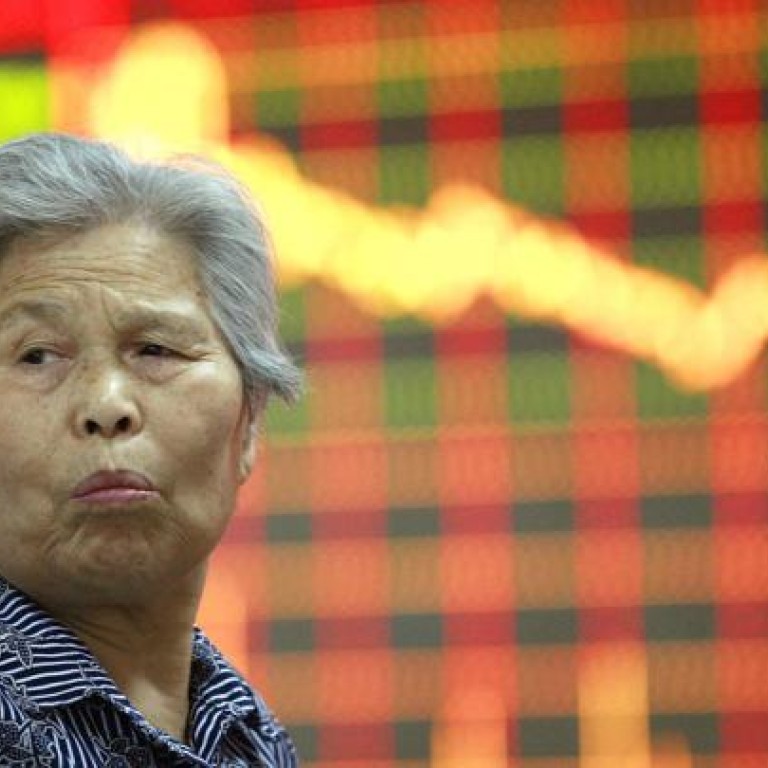
Things could be worse in the worst of all possible worlds
A British law firm finds that some corporate crises have a bigger impact than others
What is the worst thing that can happen to a company's share price? An attack by computer hackers? A product recall? Or a lawsuit?
British law firm Freshfields Bruckhaus Deringer sought an answer by studying 78 crisis-hit listed firms around the world.
While Asian investors are known for their speculative attitude to the stock market, the study showed that many investors did not make a snap response to the emergency. On the first day after a public crisis, only 48 per cent of the companies registered a fall in share price. But by the next day 54 per cent had a stock drop.
A month on, negative sentiment had peaked, with six out of 10 companies still affected. A year later, 53 per cent of the firms had not revived their share price to pre-crisis levels.
Freshfields found different crises had different impacts on share price. The hardest-hitting type in the short term was a "behavioural" crisis triggered by illegal activity such as money laundering or a rogue employee. In this situation, some companies shed half or more of their value on the day the scandal broke. But these firms had a better chance of regaining their pre-crisis valuation - after six months only 2 per cent were not back to pre-crisis levels.
In contrast, "operational" crises, such as major product recalls or environmental disasters, which affect normal operations, had little impact in share price in the first 48 hours of a crisis breaking. But these typically had the greatest long-term effect. Here, share price could fall as much 15 per cent in the first six months and a quarter of the firms were still down on pre-crisis levels a year later.
"Corporate" crises, such as a liquidity issue or material litigation, inflicted an initial sharp share price drop on a quarter of the affected firms but these companies could recover well so that only one in seven were still down six months later.
"Informational" crises, such as computer system failures or hacker attacks, had the least impact on share price in the short and long term. These companies' shares did not fall more than 3 per cent on day one. None saw shares fall more than 30 per cent within a year. Freshfields partner Geoff Nicholas said the study showed directors needed to respond quickly in the first 48 hours after a crisis.
"Directors typically benefit from a window of 24 to 48 hours, during which financial market reaction to news of a major reputational crisis will be relatively restrained. It's often their last chance to take quick and decisive action before the financial news bulletins take centre stage," he said.
He said crises that struck at a business's core had a greater long-term impact on share price as markets were more likely to lose faith in a management team that could not resolve a crisis that was intrinsic to its operations.

